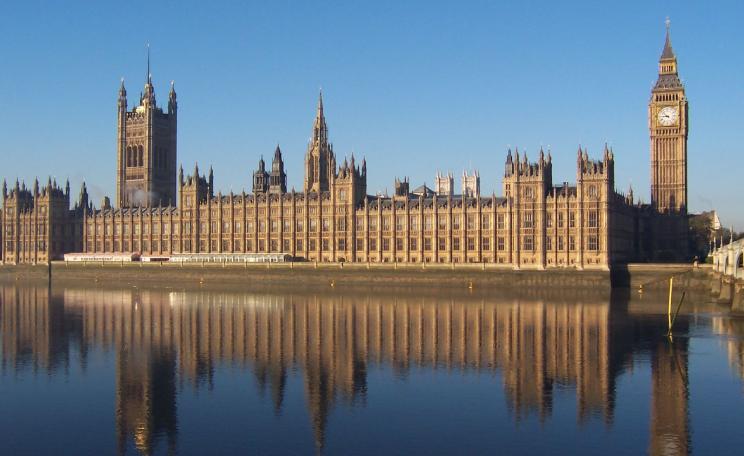The next prime minister should ban industrial fishing in marine protected areas.
Environmental activists are preparing to drop boulders into waters off the coast of Cornwall in a bid to protect rare sea-bed habitat from bottom trawler fishing.
Greenpeace UK wants to create a barrier in South West Deeps, a designated marine protected area 200 miles off the Land’s End peninsula.
Despite being recognised as sites of special ecological importance, marine protected areas are not automatically granted any additional legal protection from fishing.
Dropped
Conservationists want trawling banned in protected areas because it indiscriminately tears up delicate ecosystems such as seagrasses to catch species such as cod, squid and flatfish.
Greenpeace announced on Monday that its ship Arctic Sunrise will be sailing to the south west in the coming weeks to begin dropping boulders at South West Deeps.
It will be the third underwater barrier built by Greenpeace in UK waters, it having previously dropped granite on to Dogger Bank in the North Sea and in the Offshore Brighton marine protected area.
In the wake of the boulder drop at Dogger Bank, UK Government agency the Marine Management Organisation (MMO) took Greenpeace to court for environmental breaches.
But the case was dropped in February of this year after a judge at Newcastle Crown Court invited the MMO to reconsider, saying prosecution was not in the public interest.
Fished
Judge Edward Bindloss remarked: “One of the ironies of this litigation is that both the MMO and Greenpeace are committed to improving the marine environment.”
He added: “The parties in this case should be allies, not antagonists. They should be acting in harmony given their stated purpose and objectives are the same.”
In April, Environment Secretary George Eustice announced bottom trawling would be banned at four of the UK’s 76 protected zones, including Dogger Bank, with a ban under consideration at 13 more.
A spokeswoman for Greenpeace said it was pushing ahead with a further boulder drop as it was the only thing the Government has responded to following years of discussions and consultations on marine conservation.
According to the charity, the South West Deeps is one of the most heavily fished marine protected areas in the UK.
Barrier
Satellite data showed that between January 2021 and mid-July 2022, it was fished for nearly 19,000 hours by 110 boats, Greenpeace said.
Over the same period bottom-trawlers spent more than 3,370 hours fishing there, it said.
It found 53 percent of industrial fishing vessels in South West Deeps were from France, followed by Spain and 30 percent and only nine percent from Britain.
Pat Venditti, Greenpeace UK’s executive director, described the barrier as a “last resort”.
Biodiversity
“The future of the UK’s oceans is hanging in the balance, and we’re running out of time to save them from industrial fishing, habitat destruction and climate change,” Mr Venditti said.
He added: “The next prime minister should ban industrial fishing in marine protected areas by tweaking commercial fishing licences, to show they mean business on protecting nature and supporting fishing communities.”
Greenpeace’s announcement coincides with the first day of the UN’s Global Ocean Treaty Negotiations, which aims to agree a legal framework to protect international waters.
Greenpeace said if a treaty is not finalised this year, it will be impossible to protect 30 percent of the world’s oceans by 2030, a target agreed by more than 100 countries at the Cop15 biodiversity summit.
This Author
Tess de la Mare is a reporter with PA.







